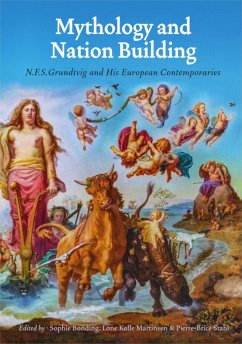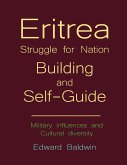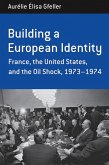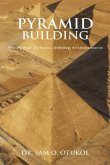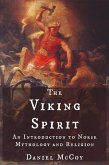Stories of gods, heroes and monsters permeated discourses of national selfhood in the nineteenth century. During this tumultuous time, Europe's modern nations arose from the misty waters of long-forgotten national pasts - or so was the perception at the time. Each embedded in their particular national and political contexts, towering cultural figures - N.F.S. Grundtvig, Jacob Grimm, Jonás Halgrímsson, William Morris, Adam Oehlenschläger and many more - were catalysts for the formation of national discourses of belonging, built upon the mythological story-worlds of Europe's non-classical vernacular pasts. This interdisciplinary book offers new perspectives on the uses of pre-Christian mythologies in the formation of national communities in nineteenth-century Northern and Western Europe. Through theoretical articles and case studies, it puts forth new understandings of how cultural thinkers across Europe utilized pre-Christian mythologies as symbolic resources in the forging of national communities. Perceptions of national identity were thus shaped, many of which are still at play today.
Dieser Download kann aus rechtlichen Gründen nur mit Rechnungsadresse in A, D ausgeliefert werden.

